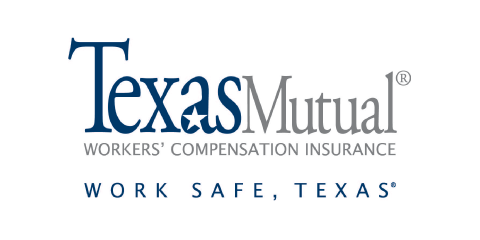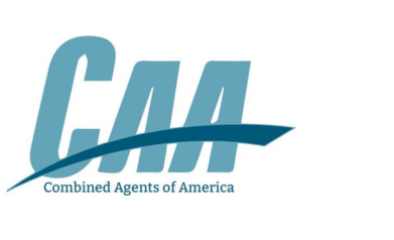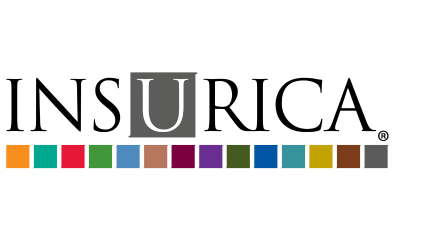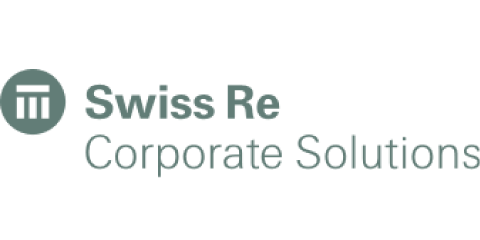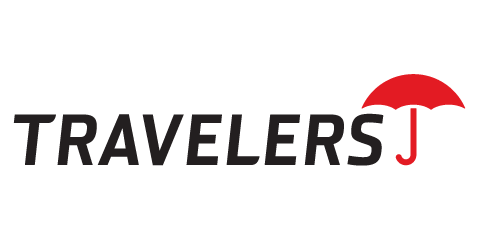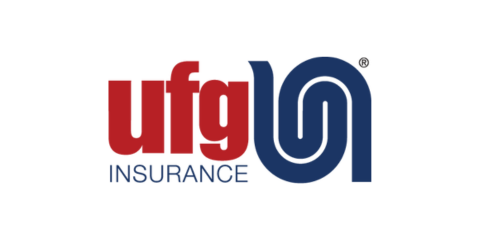TDI is serious about enforcing rules that require companies and agents to base underwriting and pricing decisions on known risk factors, not characteristics unrelated to a person's chance of loss. Current TDI rules prohibit underwriting or pricing applicants or policyholders based on marital status or gender, limits of insurance, or age or value of home. (Exceptions: if the TDI-promulgated rating manual permits such discriminations, it's OK. Examples include the multicar discount and different auto rates based on sex and marital status.) Described below are rules affecting an agent's responsibility when quoting and placing personal lines. The "Underwriting Dos and Don'ts" chart (pdf format) summarizes these and other "DOs and DON'Ts" that apply to underwriting and quoting.
Minimum Limits Rule - Auto (TAC 21.1005)
This rule applies to auto policies only. It prohibits conditioning the sale or renewal of an auto policy on whether or not the policyholder purchases types or amounts of coverage in excess of the minimum auto liability coverage required to show proof of financial responsibility. In other words, if the applicant wants minimum limits only or does not want personal injury protection or uninsured/underinsured motorist coverage, you and the company have to sell it to him or her. It does not prohibit the agent from attempting to sell additional coverages, obtaining a disclosure/release from the consumer, or rejecting the consumer for other legitimate reasons.
IIAT recommends agents use disclosure and disclaimer forms to document the insured's choice of limits and coverages.
Anti-Discrimination Rules - Property (TAC 21.1006)
This rule which is effective 9/1/97, applies to homeowners, tenant homeowners, or residential fire and allied lines policies. It prohibits an insurer from denying property insurance based on the age of the property or the value of the property.
The rule does not prohibit an insurer from denying coverage based on the physical condition of the property, such as wiring, heating, air conditioning, plumbing or the condition of the roof. The rule also does not prohibit the Texas Windstorm Insurance Association from requiring, in accordance with their provisions, different building code standards to qualify for coverage.
Prior Water Damage Claims
An insurer may not use fewer than three appliance-related water damage claims to deny availability of residential property insurance.
Consequences of a Rule Violation
A violation of any insurance law or regulation subjects an agent to an administrative enforcement process conducted by TDI. This process usually begins with a consumer complaint against an agency. Following reasonable due process, a finding that the agency did indeed violate an insurance law or regulation could result in action ranging from a warning letter to an administrative penalty of up to $25,000 and/or revocation of the agency's license.
In addition, some violations are specifically subject to Article 21.21 of the Texas Insurance Code (Unfair Competition and Unfair Practices) by designation in that law or in the regulation itself. Consumers who allege they have sustained actual damages as a result of a violation of one of these rules could bring a lawsuit and, if successful, recover the amount of damages plus court costs and reasonable and necessary attorneys' fees. If the court finds that the agent knowingly committed the acts complained of, it may award two times the amount in addition to the actual damages.
The statute defines the term "knowingly" as
"actual awareness of the falsity, unfairness, or deception of the act or practice."
In practice, however, a jury's standard for a knowing violation may not be as tough as the statute implies.

